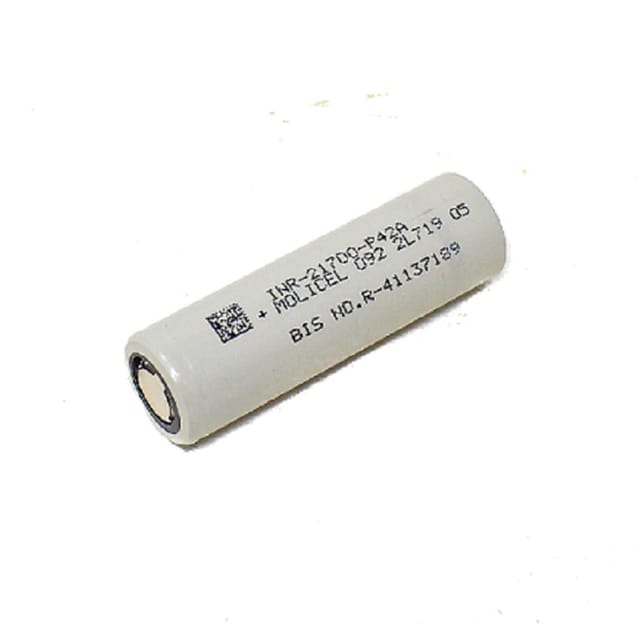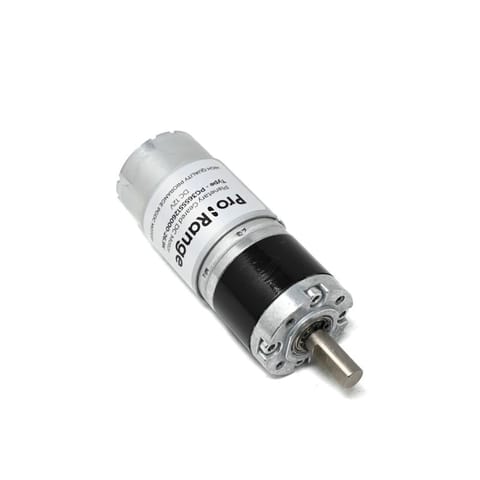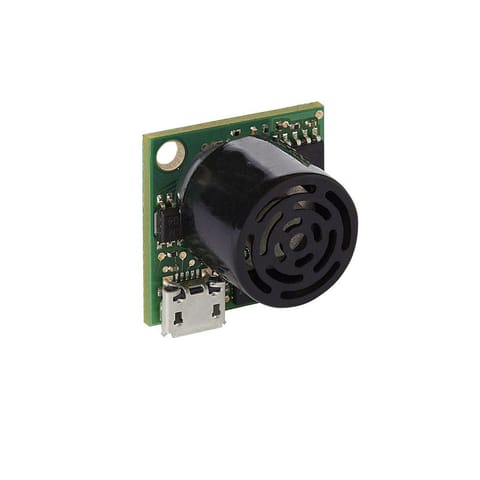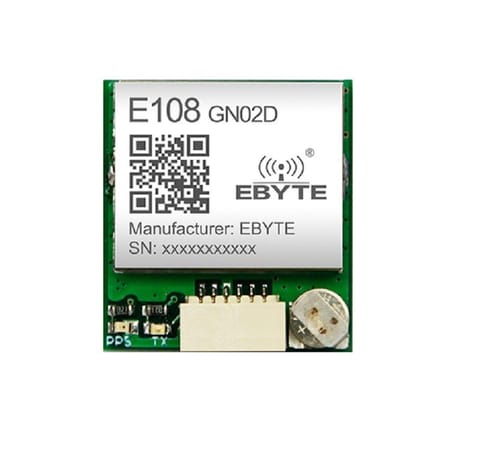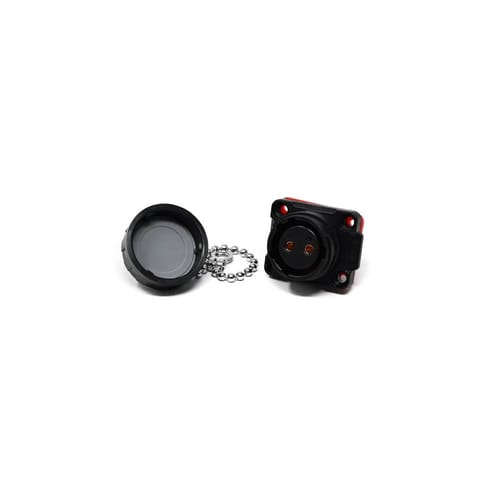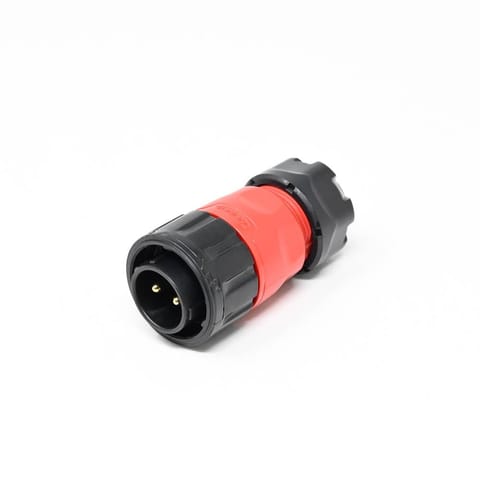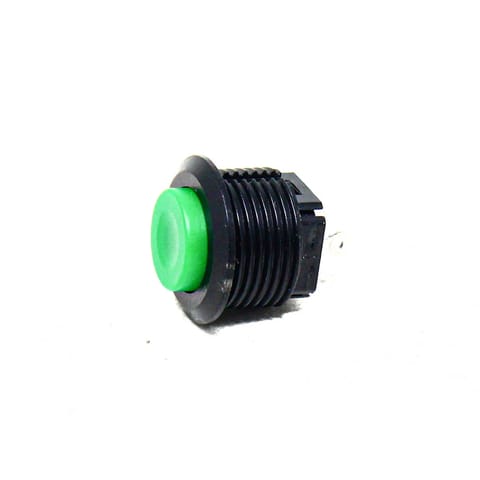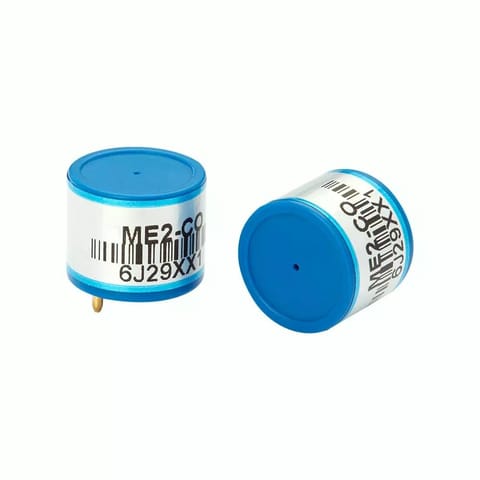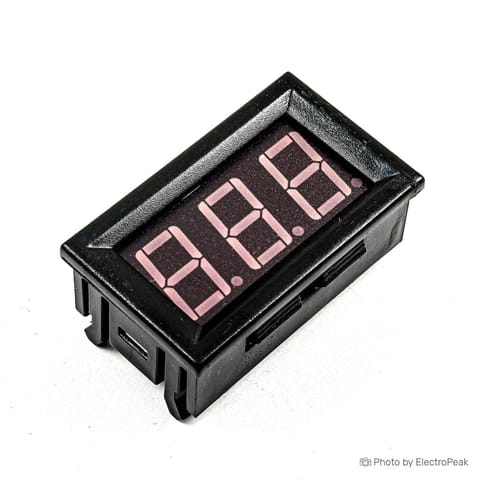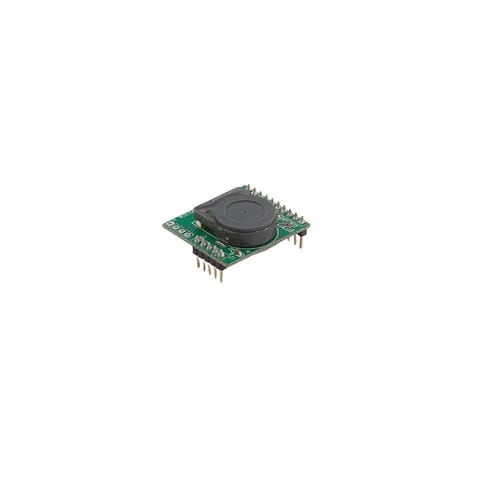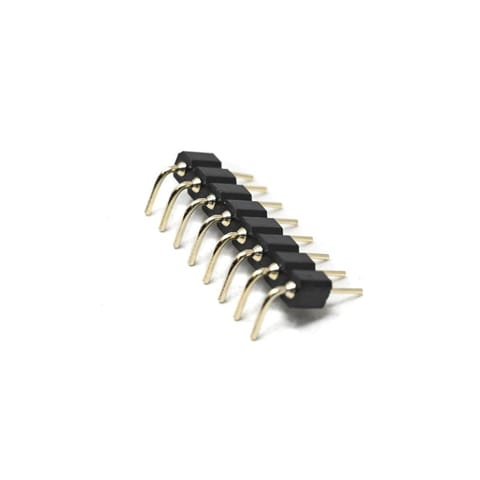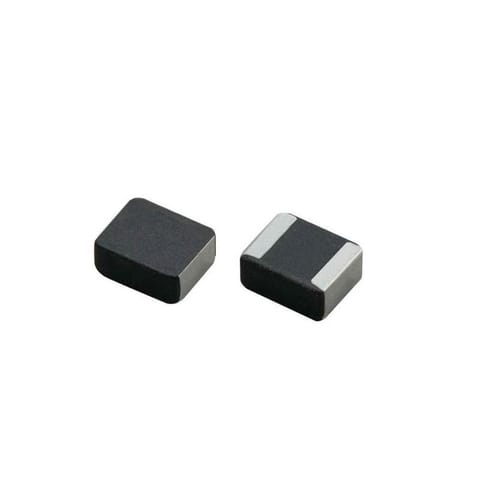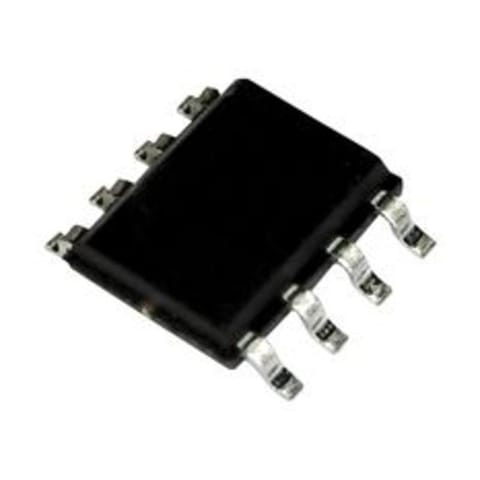-
TRANSDUCERS
- TRANSDUCERS
-
BASIC COMPONENTS DK
- BASIC COMPONENTS DK
-
MARKETPLACE
- MARKETPLACE
-
DEVELOPMENT BOARDS & KITS
- DEVELOPMENT BOARDS & KITS
-
CABLE ASSEMBLIES
- CABLE ASSEMBLIES
-
RF AND WIRELESS
- RF AND WIRELESS
-
BOXES ENCLOSURES RACKS
- BOXES ENCLOSURES RACKS
-
AUDIO PRODUCTS
- AUDIO PRODUCTS
-
ARTILA
- ARTILA
-
FANS-BLOWERS-THERMAL MANAGEMENT
- FANS-BLOWERS-THERMAL MANAGEMENT
-
WIRELESS MODULES
- WIRELESS MODULES
-
TERMINALS
- TERMINALS
-
Cables/Wires
- Cables/Wires
-
SINGLE BOARD COMPUTER
- SINGLE BOARD COMPUTER
-
BREAKOUT BOARDS
- BREAKOUT BOARDS
-
LED
- LED
-
TEST AND MEASUREMENT
- TEST AND MEASUREMENT
-
POTENTIONMETERS AND VARIABLE RESISTORS
- POTENTIONMETERS AND VARIABLE RESISTORS
-
DEVELOPMENT BOARDS AND IC's
- DEVELOPMENT BOARDS AND IC's
-
EMBEDDED COMPUTERS
- EMBEDDED COMPUTERS
-
OPTOELECTRONICS
- OPTOELECTRONICS
-
INDUSTRAL AUTOMATION AND CONTROL
- INDUSTRAL AUTOMATION AND CONTROL
-
COMPUTER EQUIPMENT
- COMPUTER EQUIPMENT
-
CONNECTORS & INTERCONNECTS
- CONNECTORS & INTERCONNECTS
-
MAKER/DIY EDUCATIONAL
- MAKER/DIY EDUCATIONAL
-
TOOLS
- TOOLS
-
MOTORS/ACTUATORS/SOLEENOIDS/DRIVERS
- MOTORS/ACTUATORS/SOLEENOIDS/DRIVERS
-
FPGA HARDWARE
- FPGA HARDWARE
-
POWER SUPPLIES
- POWER SUPPLIES
-
ROBOTICS & AUTOMATION
- ROBOTICS & AUTOMATION
The adoption of lithium-ion batteries has risen significantly in the present times. This is because Li-ion batteries endure for a long time, hold a high power frequency, and are affordable to manufacture. Lithium-ion battery advantages include its rechargeable and highly portable nature. This is the reason why they get frequently employed in electric vehicles. However, just like every other technology, lithium-ion batteries have their share of advantages and disadvantages.
A lithium-ion battery or Li-ion battery is a type of rechargeable battery composed of cells in which lithium ions move from the negative electrode through an electrolyte to the positive electrode during discharge and back when charging, Li-ion batteries are able to be recharged hundreds of times and are more stable, They tend to have a higher energy density, voltage capacity and lower self-discharge rate than other rechargeable batteries, This makes for better power efficiency as a single cell has longer charge retention than other battery types Use a two to three-year life expectancy for batteries that do not run through complete charge cycles. Rechargeable Lithium-Ion batteries have a limited life and will gradually lose their capacity to hold a charge. This loss of capacity (aging) is irreversible, The minimum lifespan most manufacturers expect from lithium-ion batteries is around 5 years or at least 2,000 charging cycles. But, if well cared for and used in proper conditions, lithium-ion batteries can last as long as 3,000 cycles.
Features:
- Cost-Effective
- High power density
- Easy maintenance
- Continuous voltage
- Variety of models are available
- Protected: NO
- Style: Flat Top
- Color: Gray
- Origin: Taiwan
- Higher Battery Life
- Do not use it in higher temperatures
Packages Includes:
1 x Molicel INR21700 P42A 4200mAh (11c) Lithium-Ion Battery
- Home
- MARKETPLACE
- Molicel A Grade INR-21700-P42A 3.6V 4200mAh 11C Li-ion Battery
Molicel A Grade INR-21700-P42A 3.6V 4200mAh 11C Li-ion Battery
SIZE GUIDE
- Shipping in 10-12 Working Days
Description of product
The adoption of lithium-ion batteries has risen significantly in the present times. This is because Li-ion batteries endure for a long time, hold a high power frequency, and are affordable to manufacture. Lithium-ion battery advantages include its rechargeable and highly portable nature. This is the reason why they get frequently employed in electric vehicles. However, just like every other technology, lithium-ion batteries have their share of advantages and disadvantages.
A lithium-ion battery or Li-ion battery is a type of rechargeable battery composed of cells in which lithium ions move from the negative electrode through an electrolyte to the positive electrode during discharge and back when charging, Li-ion batteries are able to be recharged hundreds of times and are more stable, They tend to have a higher energy density, voltage capacity and lower self-discharge rate than other rechargeable batteries, This makes for better power efficiency as a single cell has longer charge retention than other battery types Use a two to three-year life expectancy for batteries that do not run through complete charge cycles. Rechargeable Lithium-Ion batteries have a limited life and will gradually lose their capacity to hold a charge. This loss of capacity (aging) is irreversible, The minimum lifespan most manufacturers expect from lithium-ion batteries is around 5 years or at least 2,000 charging cycles. But, if well cared for and used in proper conditions, lithium-ion batteries can last as long as 3,000 cycles.
Features:
- Cost-Effective
- High power density
- Easy maintenance
- Continuous voltage
- Variety of models are available
- Protected: NO
- Style: Flat Top
- Color: Gray
- Origin: Taiwan
- Higher Battery Life
- Do not use it in higher temperatures
Packages Includes:
1 x Molicel INR21700 P42A 4200mAh (11c) Lithium-Ion Battery
Related products
NEWSLETTER
Subscribe to get Email Updates!
Thanks for subscribe.
Your response has been recorded.
INFORMATION
ACCOUNT
ADDRESS
Tenet Technetronics# 2514/U, 7th 'A' Main Road, Opp. to BBMP Swimming Pool, Hampinagar, Vijayanagar 2nd Stage.
Bangalore
Karnataka - 560104
IN
Tenet Technetronics focuses on “Simplifying Technology for Life” and has been striving to deliver the same from the day of its inception since 2007. Founded by young set of graduates with guidance from ardent professionals and academicians the company focuses on delivering high quality products to its customers at the right cost considering the support and lifelong engagement with customers. “We don’t believe in a sell and forget model “and concentrate and building relationships with customers that accelerates, enhances as well as provides excellence in their next exciting project.


